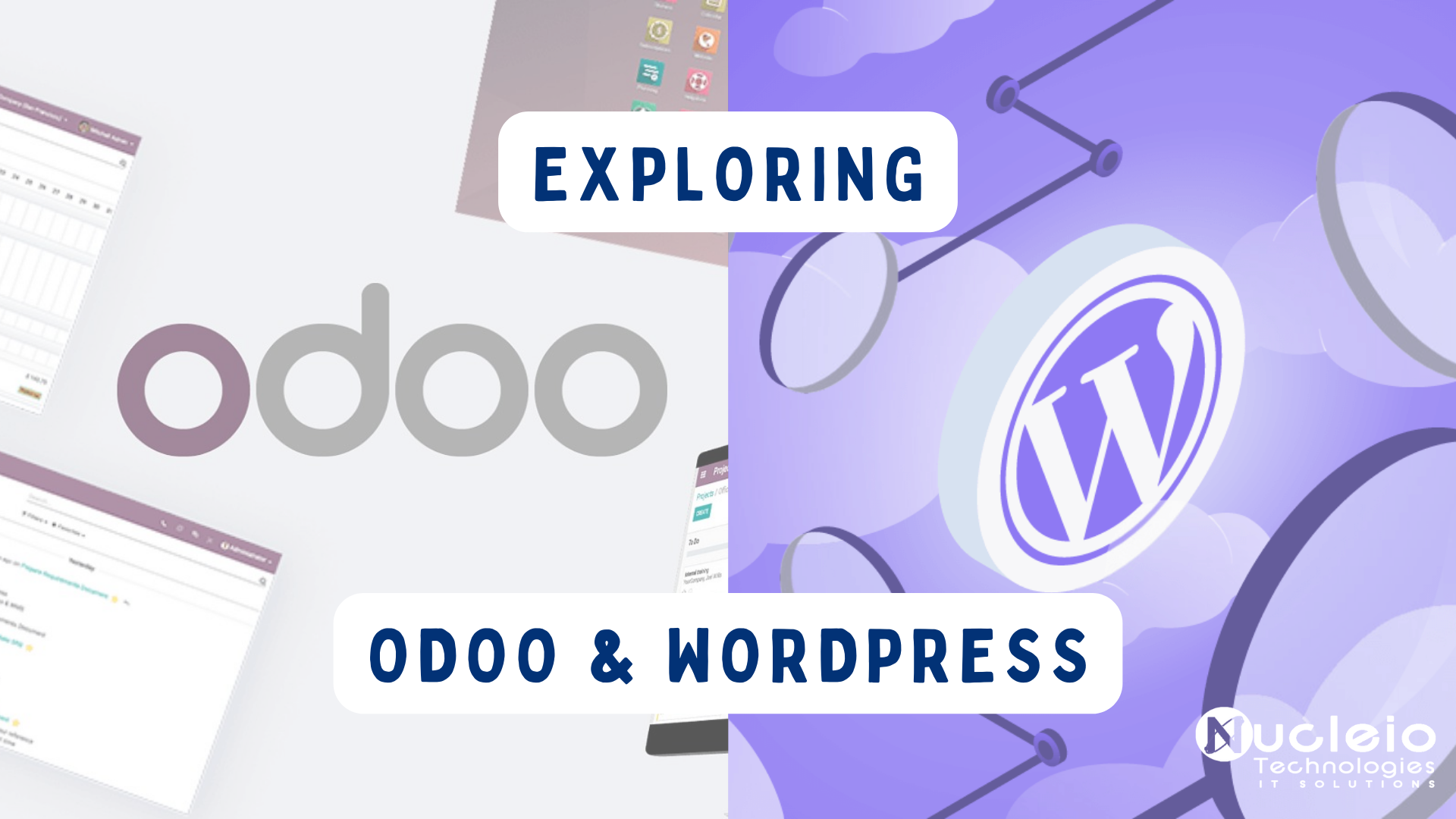Odoo and WordPress are prominent platforms in the rapidly evolving field of website building and content management. Both solid solutions serve different purposes and tastes. Explore this blog to analyze the differences between WordPress and Odoo!
Here are some key differences between Odoo and WordPress:
Primary Functionality:
- Odoo: Odoo is primarily an enterprise resource planning (ERP) software that integrates various business functions like CRM, sales, inventory, accounting, and more into a single platform.
- WordPress: It is a content management system (CMS) primarily designed for creating and managing websites and blogs. It offers extensive features for publishing content, managing users, and customizing website design.
Scope of Use:
- Odoo: Odoo is suitable for medium to large enterprises looking for an integrated solution to manage their entire business operations.
- WordPress: It is versatile and can be used by individuals, small businesses, large corporations, bloggers, e-commerce stores, and more. It caters to a wide range of website needs.
Customization and Flexibility:
- Odoo: They are primarily focused on business processes and workflows. Customizing Odoo might require technical expertise and development effort.
- WordPress: WordPress is highly customizable with thousands of themes and plugins available. Users can easily extend its functionality to create virtually any type of website or application without deep technical knowledge.
E-commerce Capabilities:
- Odoo: Odoo includes built-in e-commerce features as part of its integrated suite, allowing businesses to set up online stores, and manage products, orders, and payments seamlessly.
- WordPress: WordPress offers e-commerce functionality through plugins like WooCommerce, which is one of the most popular e-commerce solutions for WordPress users. It provides extensive features for building and managing online stores.
Community and Support:
- Odoo: The community of developers and users is expanding, but may not be as extensive or diverse as the WordPress community.
- WordPress: WordPress boasts a massive community of developers, designers, bloggers, and enthusiasts who contribute to its ecosystem by creating themes, plugins, tutorials, and providing support forums.
Understanding these differences can help businesses and individuals make informed decisions when choosing between Odoo and WordPress based on their specific requirements and goals.

